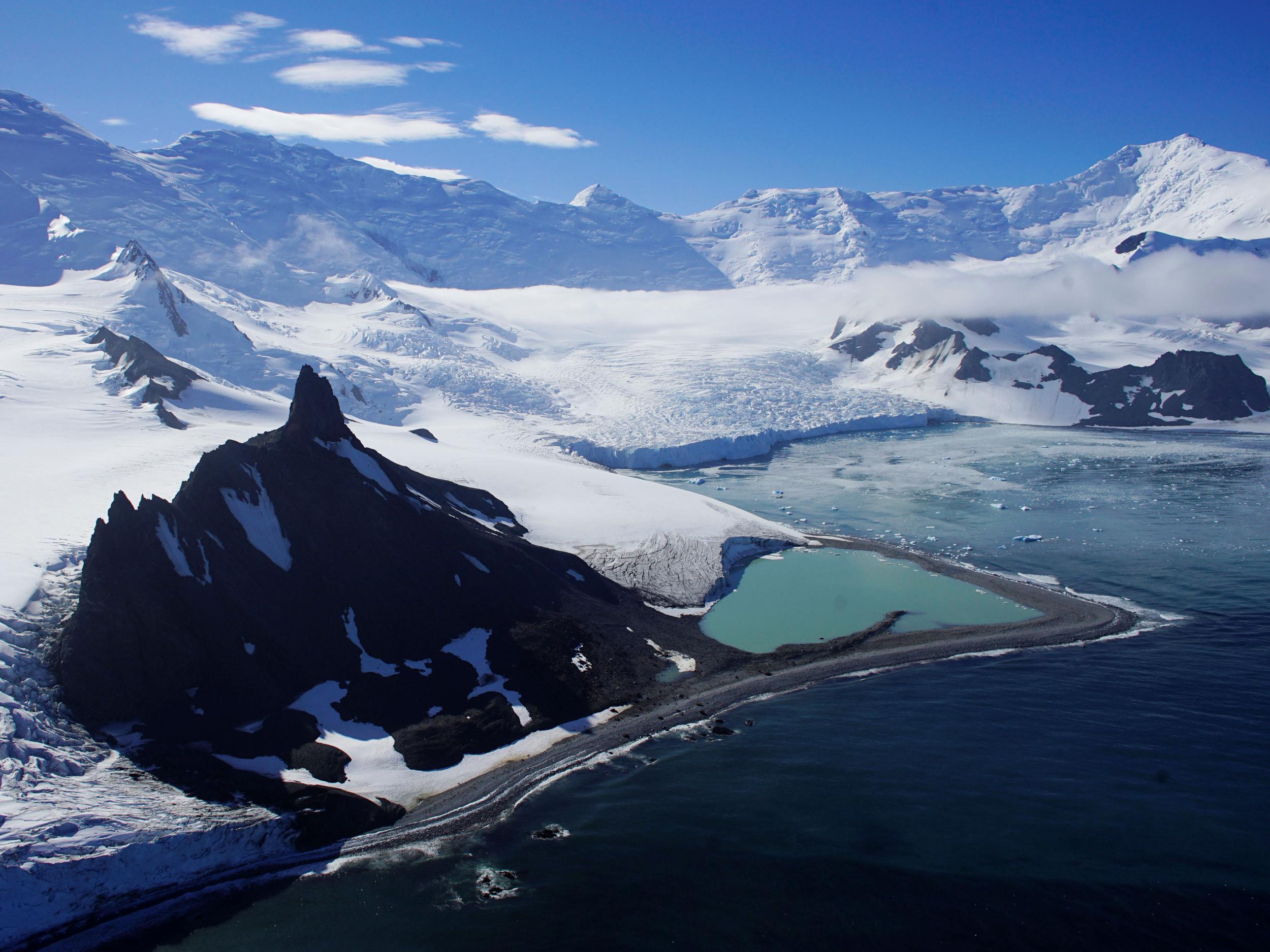Expedition launched which will look for Ernest Shackleton's lost Antarctic ship
Vessel lying bottom of Weddell Sea for more than 100 years

Your support helps us to tell the story
From reproductive rights to climate change to Big Tech, The Independent is on the ground when the story is developing. Whether it's investigating the financials of Elon Musk's pro-Trump PAC or producing our latest documentary, 'The A Word', which shines a light on the American women fighting for reproductive rights, we know how important it is to parse out the facts from the messaging.
At such a critical moment in US history, we need reporters on the ground. Your donation allows us to keep sending journalists to speak to both sides of the story.
The Independent is trusted by Americans across the entire political spectrum. And unlike many other quality news outlets, we choose not to lock Americans out of our reporting and analysis with paywalls. We believe quality journalism should be available to everyone, paid for by those who can afford it.
Your support makes all the difference.Researchers hope to find the lost ship of Antarctic explorer Sir Ernest Shackleton when they set off on a major international scientific expedition next year.
Led by scientists at Cambridge University's Scott Polar Research Institute (SPRI), the team hopes to finally locate the Endurance, which has lain at the bottom of the Weddell Sea since 1915.
Slated for 2019, the scientific mission to investigate the Larsen C Ice Shelf will also search for the wreck 3,000m beneath the waves.
The group, which includes researchers from universities in South Africa and New Zealand, will be the first to use autonomous underwater vehicles to scan the seabed for the ship's remains.
Thick pack ice and extreme weather are among challenges faced by those who venture to the isolated and wild region, much as Shackleton faced more than a century ago.
SPRI's director, Professor Julian Dowdeswell, chief scientist of the Weddell Sea Expedition 2019, told The Times that the Agulhas II expedition ship would be put to the test by the conditions.
He said: "Whatever ship you have, it's possible it won't get there. It could be a better or worse sea ice year, so everybody is going into this with their eyes open."
Shackleton's attempt to cross Antarctica began in 1914.
After the vessel became trapped in ice for 10 months and then sank, the explorer and his crew survived for six months before reaching uninhabited Elephant Island.
Shackleton and five other men then set off to seek help at a whaling station on the island of South Georgia, with their perilous journey regarded as one of the most heroic feats of navigation.
After three unsuccessful attempts, Shackleton finally rescued his men in August 1916.
Alexandra Shackleton, the explorer's granddaughter, supports Prof Dowdeswell's expedition, but as her family owns the wreck their permission will be needed if any items are to be recovered.
She told the paper: "I would love to see her image. But I'm not sure how I would feel about having her touched."
As for the team's chances of actually finding the Endurance, she said it is a "very big if".
"People plan to do things in the Antarctic and the Antarctic decides otherwise, as my grandfather found," she said.
Press Association
Join our commenting forum
Join thought-provoking conversations, follow other Independent readers and see their replies
Comments